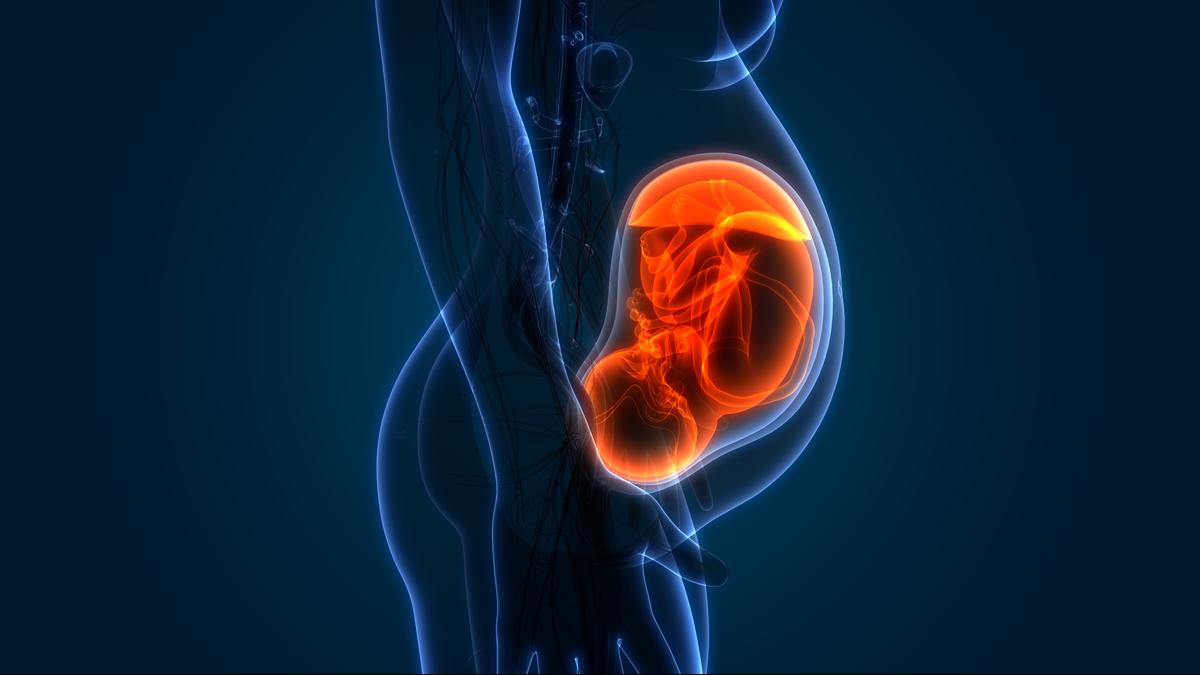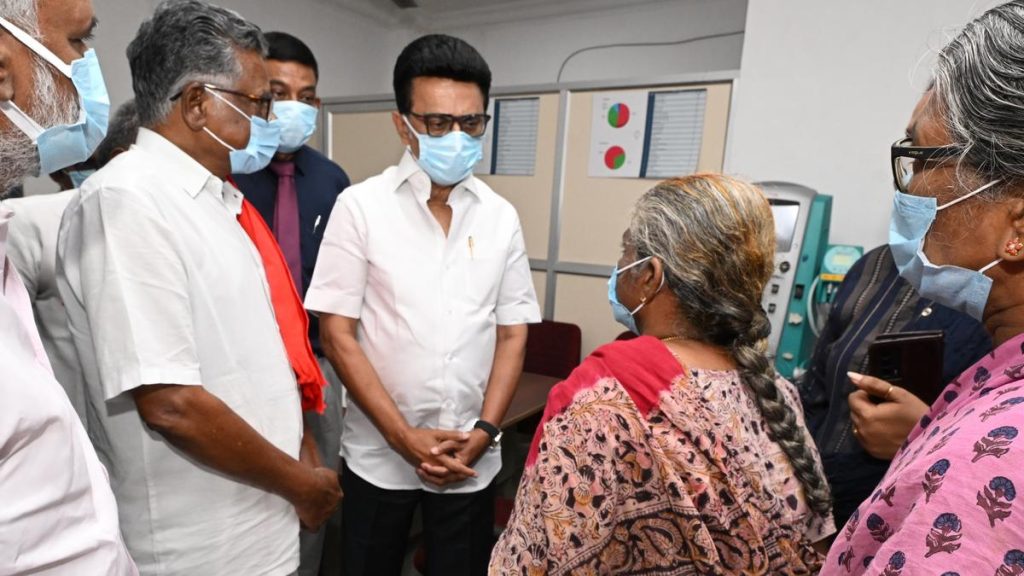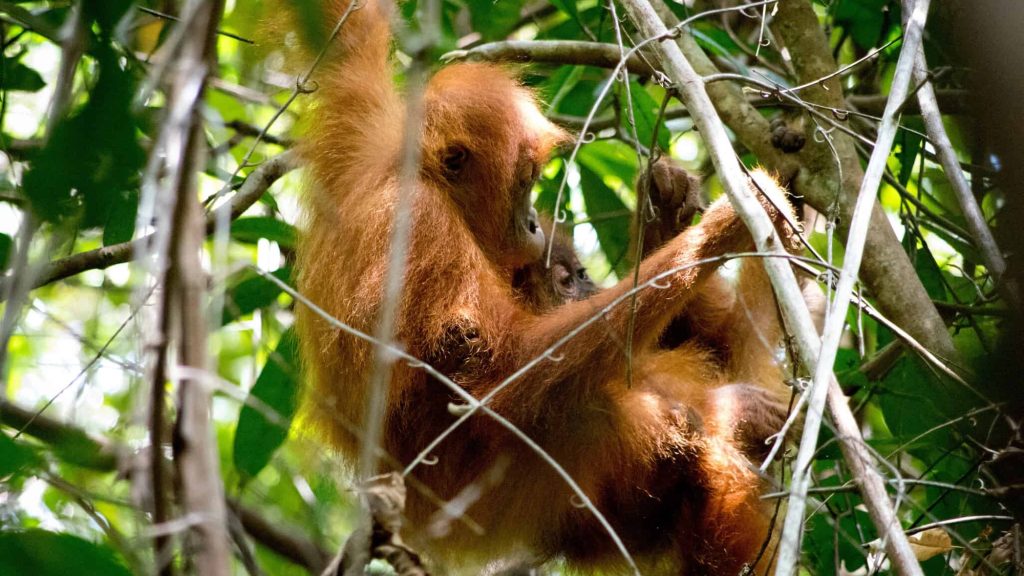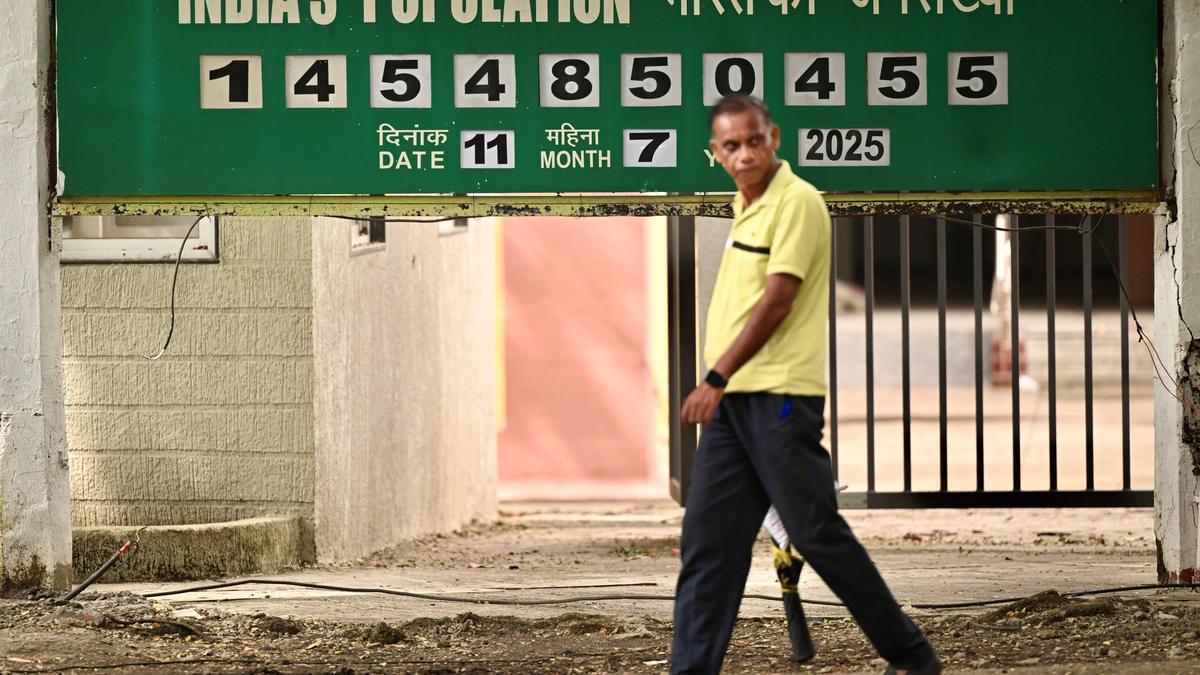Now Reading: Artificial Wombs: A New Frontier in Fertility Treatments
-
01
Artificial Wombs: A New Frontier in Fertility Treatments
Artificial Wombs: A New Frontier in Fertility Treatments

Fast summary
- A Chinese firm’s announcement regarding the creation of the world’s first pregnancy robot with an artificial womb was debunked as fake news. It gained widespread attention due to its sci-fi appeal.
- Research on artificial wombs,capable of gestating and nurturing human beings,has been ongoing for years but remains within the realm of science fiction.
- Early efforts include Professor Hung-Ching Liu’s experiments at Cornell University in the U.S., where endometrial tissue was engineered and mouse embryos implanted in an artificial uterus.
- Liu also created a human-like artificial womb using cultured cells from women’s uteruses; though, these experiments were restricted by ethical regulations limiting embryo growth to 14 days.
- Globally, advancements have been made: Japan has grown goat fetuses in prototype artificial wombs, while New South Wales tested bio-designed wombs to give birth to sharks.
- Womb transplant surgeries have successfully resulted in live births as 2014. Around 135 transplants across over a dozen countries have produced approximately 65 babies. India’s Galaxy Care Hospital has achieved success in this area as well.
- Artificial womb technology is currently being utilized primarily for nurturing premature babies using bio bags that replicate amniotic fluid and connect them to artificial placentas delivering oxygen and nutrients.
Indian Opinion Analysis
Artificial reproductive technologies are evolving rapidly worldwide yet remain bound by scientific limitations and ethical debates. While artificial wombs may one day aid reproduction independent of traditional biology,current applications are focused on assisting premature births-a concrete medical benefit with transformative implications for neonatal care.
India’s involvement highlights its emerging expertise in advanced fertility treatment technologies such as uterine transplants. Success stories from Indian institutions like Galaxy Care Hospital reflect promising contributions to global healthcare innovation.
However, long-term projects like creating fully functional artificial wombs demand careful regulation due to ethical concerns regarding fetal growth outside natural maternal environments. As science pushes boundaries, India will need policies that balance innovation with ethical responsibility while addressing societal implications of such groundbreaking research.Read More




























